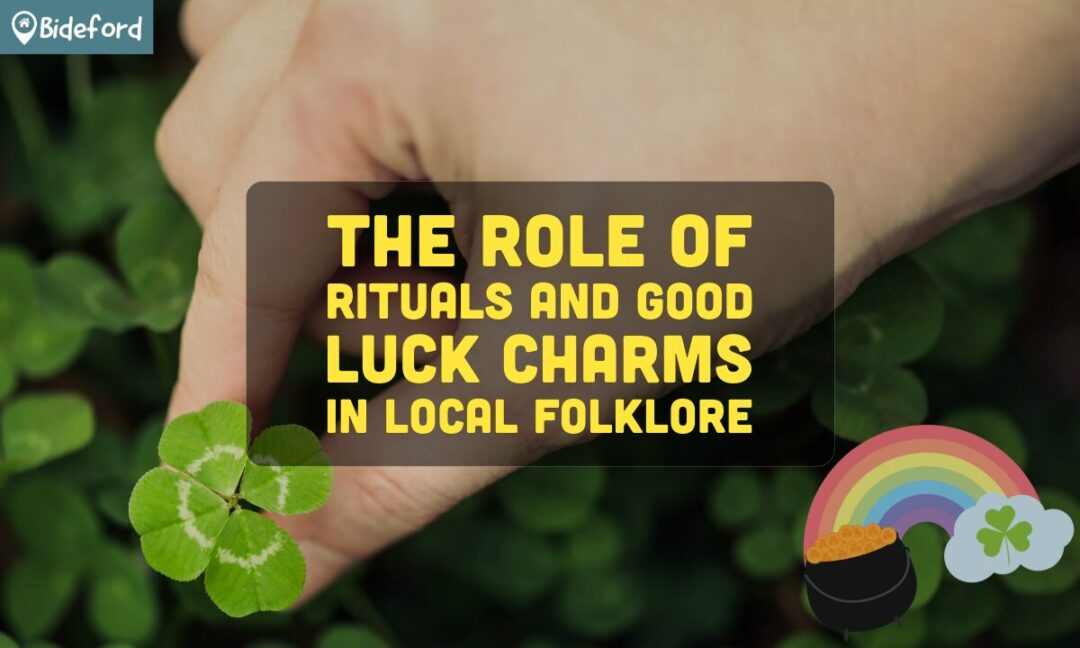Throughout history, rituals and good luck charms have always been a big part of many cultures. These practices are often based on traditions and superstitions that try to help people deal with uncertainty and believe in a favourable result. From crossing fingers ahead of an important game to possessing a rabbit’s foot for good fortune, these traditions expose mankind’s inherent itch to control fate.
Why do people believe in Good Luck Charms?
Good luck charms embody humans’ will for control and their hope for things to turn out right in a world full of uncertainties and a degree of chaos. Psychologically, they provide comfort and confidence. Research shows that individuals who believe that their luck charms are effective perform better on tasks because they are more confident. This feeling of confidence is perhaps most useful around exam times, sports competitions, or even whenever someone is trying to win the lottery.
Rituals: A Gateway to Luck
Good luck charms go hand in hand with certain rituals. These can be as basic as knocking on wood or more involved ceremonies passed down through generations.
For example:
- Midnight in Spain on New Year’s Eve is the time to eat 12 grapes for each of the months in the coming year to ensure good fortune.
- Pouring water behind someone is a belief in Serbia, suggesting that the person will succeed ahead of a big event.
- In Japan, it is considered good luck to accidentally drop and break a bottle of alcohol.
These good luck rituals might seem odd to outsiders, but to the local believers, they’re a very vital tradition.
Lottery and Good Luck Charms
Good luck charms are very popular in gambling, especially the lottery. When purchasing lottery tickets, many people use their favourite talismans or ritual, hoping that their charm will help in beating the odds. Some could also use lucky rabbit’s feet or dreamcatchers in a hope of perhaps winning the lottery. Even though no studies suggest that these inanimate objects help win luck games, they offer a sense of control and hope that keeps people playing again.
You will notice how numbers are also part of lottery rituals. Players intentionally certain numbers because they believe they are luckier. For example, 7 is the lucky number in many cultures worldwide and frequently appears on lottery tickets. Similarly, others hold on to “special” numbers — birthdays, anniversaries, you name it, as part of a personal ritual.
Final Thoughts
Rituals and good luck charms are interesting aspects of the local folklore and tell us much about human psychology and culture. Whether the belief manifests through toting around a particular charm or engaging in some sort of unusual good luck rituals, we find solace in entertaining the idea that there’s a way to bring good fortune to ourselves—if just enough to land a lottery win. These rituals, even the ones that appear strange, reflect the universality of our need for hope and the desire to feel a sense of control in a world that often seems unpredictable.

Our newsletter is packed with helpful tips and resources to help you mazimise your time in & around Bideford. Sign up now and join our community of savvy Bideford’ers.
About the Author
Welcome to Bideford.com! I’m Jason Jr, a seasoned explorer and avid fan of Bideford and the broader North Devon area. With over a decade of consistent family visits, virtually every weekend, I’ve immersed myself in the rich history and vibrant culture Bideford & North Devon.
On this site, you’ll find a wealth of knowledge amassed from my adventures here. From in-depth local guides to engaging blog posts about Bideford. Whether you’re looking for recommendations on things to do or guidance on where to stay we have you covered. Join me as we delve into the heart of Bideford, North Devon – a town that’s more than just a destination, but an experience waiting to be discovered.
Do you want to see your favourite Bideford attraction, place to stay, event or activity listed here? Contact Us!







